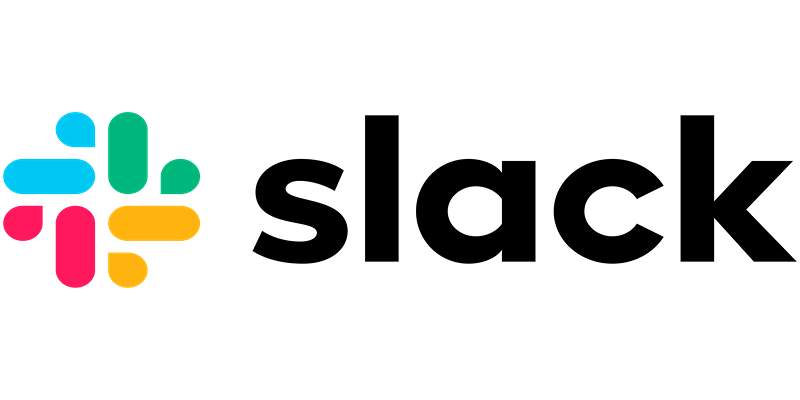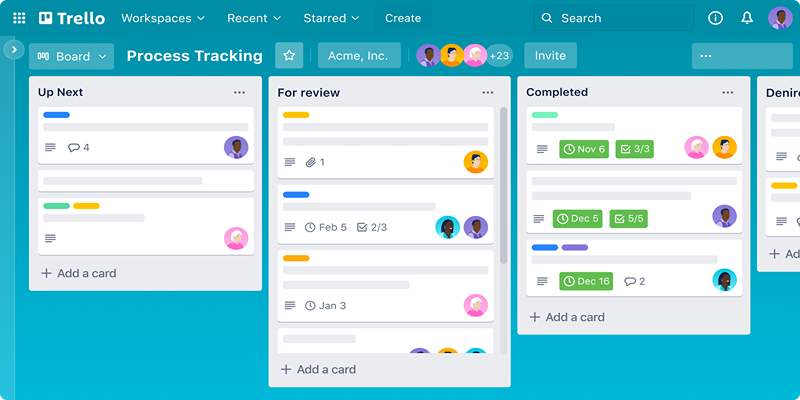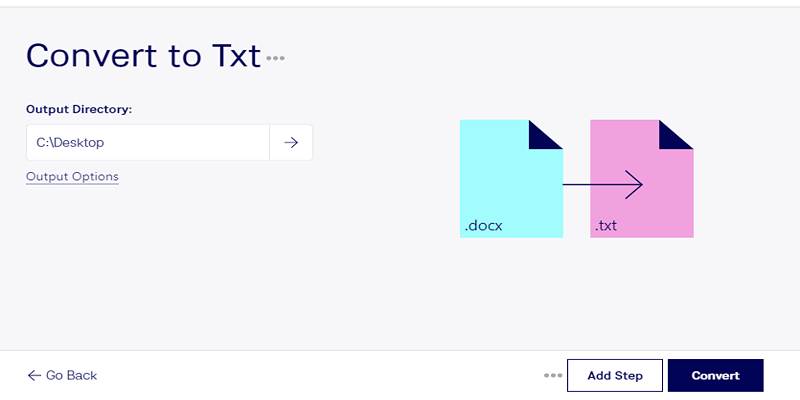Choosing the Right App Builder for Your Needs
Choosing the right app builder is a crucial step in developing a successful mobile or web application. With numerous options available, selecting the best one can be overwhelming. This article will guide you through the key considerations and steps to choose an app builder that aligns with your project needs.
Introduction to App Builders

App builders are programs that provide interfaces for application developers to use to build mobile or web applications with little coding skills. They come with features such as built-in designs, which include sections like WYSIWYG editors, and complex options that more experienced developers would prefer, such as drag-and-drop features.
Types of App Builders
- No-Code App Builders: These solutions enable a user to create an app without any coding skills required. They are primarily suitable for small and medium business entities or for individuals who would like to develop rather simple applications.
- Low-Code App Builders: As the name suggests, low-code app builders are slightly more complex than no-code builders in that they require entry-level proficiency in coding while offering more freedom in customization.
Custom app builders are commonly employed in large applications that require extensive customization and interfacing with various programs.
An app builder can be defined as a professional with skills in app design and development or any other software development firm interested in creating mobile applications.
1. Purpose and Goals
Firstly, decide for what exactly purpose you want to use an app builder for. First of all, it is necessary to know which functions you need your app to have and what kind of usability experience you envision.
Purpose | Features Needed | User Experience |
|---|---|---|
Informational | Data Integration, UI Design | Simple Navigation |
Transactional | Payment Gateways, Security | Secure Checkout |
Social | User Profiles, Messaging | Engaging Interface |
2. Target Audience
That is why target audience analysis plays a significant role in the success of an advertising campaign. Here we must take into consideration their needs and preferences in addition to the client’s devices.
Audience | Device Preference | App Requirements |
|---|---|---|
Young Adults | Mobile Devices | Social Sharing Features |
Professionals | Desktops/Laptops | Advanced Analytics |
3. Design and Customization
Make sure that the app builder provides a degree of flexibility and tweaks to meet your needs. When looking for an online brochure maker, you should consider options like templates, drag-and-drop editors, and even the availability of custom code in case that is required.
Design Feature | Customization Level | Integration Options |
|---|---|---|
Templates | High | Custom Code Integration |
Drag-and-Drop | Medium | API Integration |
4. Technology Stack
It is also important to examine the type of technology stack provided by the app builder. This stack must consider your current IT structure or enterprise architecture and suit your company’s evolutionary growth.
Technology | Scalability | Integration |
|---|---|---|
Cloud Services | High | Easy API Access |
On-Premise | Limited | Complex Setup |
5. Cost and Pricing Model
Assess the cost that will be incurred in utilizing the app builder. Get the information of the cost that is involved in developing the technology initially and also the perpetual fees that are required to be paid.
Pricing Model | Initial Cost | Ongoing Fees |
|---|---|---|
Subscription-Based | Low | Monthly/Yearly |
One-Time Payment | High | Minimal |
6. Support and Community
Also check for adequate support in terms of app documentation, forums, and a customer support service provider.
Support Option | Availability | Effectiveness |
|---|---|---|
Documentation | Always Available | High |
Forums | Community Driven | Medium |
Customer Service | Limited Hours | High |
7. Security and Compliance
It is important for the app builder to comply with security and compliance standards, especially if the app is handling sensitive information.
Security Feature | Compliance Standards | Data Protection |
|---|---|---|
Encryption | GDPR, HIPAA | High |
Access Controls | PCI-DSS | Medium |
8. Integration Capabilities
The usability of the app should also consider the compatibility it has with other tools you apply in your business activities.
Integration Type | Ease of Integration | API Support |
|---|---|---|
Third-Party APIs | Easy | Full Support |
Custom Integrations | Complex | Limited Support |
9. User Reviews and Ratings
It is especially essential to read users’ feedback and ratings to determine the app builder's credibility and the services they provide.
Review Source | Rating System | Insights Gained |
|---|---|---|
Official Website | 5-Star System | General Satisfaction |
Independent Forums | Text-Based Reviews | Detailed Feedback |
10. Future Development Needs
Give thoughts to the way how the app builder will develop further and expand your application in the future.
Feature | Ease of Updates | Scalability |
|---|---|---|
Modular Design | Easy | High |
Monolithic Architecture | Difficult | Limited |
Popular App Builders

Some of the most outstanding app builders based on its features and consumers’ geeks are:
- Adalo: Popular for its easy no-code feature and conceptualized mainly for making mobile applications.
- Bubble: The platform is easy to use as it uses a drag-and-drop functionality, which appeals to non-technical users of the web app.
- Appy Pie: Offers the easily developed mobile application technique without any technical knowledge of programming.
- Offering content generator app development service with strengths in graphical user interface.
- AppGyver provides a low-code platform, and it has numerous integrations that require customized and fluent programming skills.
- Popular App Builders
- Many app builders can be highlighted for having certain features and/or a high level of satisfaction:
- Adalo – Being a no-code platform, it is best suited for the development of mobile applications with less time and effort.
- Bubble presents a clear and effective mouse-dragging mechanism for web application use, especially by non-web developers.
- Appy Pie: This includes various tools for the inception of an online application development tool that does not require programming knowledge.
- GoodBarber: Creates content apps that reflect design and user-experience-based applications.
Some possible threats to introduce include AppGyver, which provides low-code software with more extensive customization and integration capabilities with other services.
Additional Resources
To learn more about the app development and SEO optimization, you might also want to look into the following sources:
Joining Groups and forums: Use App Development groups, forums, and similar discussions with developers who would have more experience in the trade.
SEO Blogs: Proper reference should be made to follow the SEO blogs for the updated version of SEO practices and recent trends.
App Builder Reviews: The review section provides detailed information on various app builders, highlighting different aspects of the builders and customers’ satisfaction with the products.
Thus, app owners can enhance their apps based on these tools and have information about modern tendencies in app development and SEO.
Future Trends in App Development
Emerging trends in application development include innovative technologies such as augmented reality (AR), artificial intelligence (AI), and blockchain. When selecting an app builder, you must consider some of these trends for the future of your project.
- AR and AI Integration: When using apps, make sure the app builders have a feature that allows you to integrate with AR and AI technology to give the application more life.
- Security: Look at applications that use blockchain technology to protect the data being used in the application.
With regard to these aspects, integrating these future trends can help your app stay current and unique, given that app development never ceases to evolve.
Conclusion
Selecting the right app builder is a rather important process, given that it creates a foundation for developing the application. Therefore based on the purpose, audience, design, technology stack, cost, support, security, integration, customers’ reviews, and future development, one can get the appropriate app builder needed for an app project and design an app with a high probability of success.
On this page
Introduction to App Builders Types of App Builders 1. Purpose and Goals 2. Target Audience 3. Design and Customization 4. Technology Stack 5. Cost and Pricing Model 6. Support and Community 7. Security and Compliance 8. Integration Capabilities 9. User Reviews and Ratings 10. Future Development Needs Popular App Builders Additional Resources Future Trends in App Development ConclusionRelated Articles

How to Fix Slack Lag and Speed Up Notifications Effectively

Connecting Google Sheets to WordPress Seamlessly

Speed Up Contact Form Follow-Ups with Automation

How to Fix Trello Boards That Load Slowly or Lag Frequently

Convert DOCX to TXT Files in Batches Online with No Downloads

The Best Slack Apps for Your Workspace in 2025: An Ultimate Guide

How to Move the Dock on Your Mac to a Second Monitor: A Step-by-Step Guide

Best Screen Sharing Software for Remote Teams in 2025: A Comprehensive Guide

Choosing the Right App Builder for Your Needs

What is a Cache? Understanding Its Role and Benefits of Clearing It

10 Must-Have Tools for Effective User Acceptance Testing

 knacksnews
knacksnews